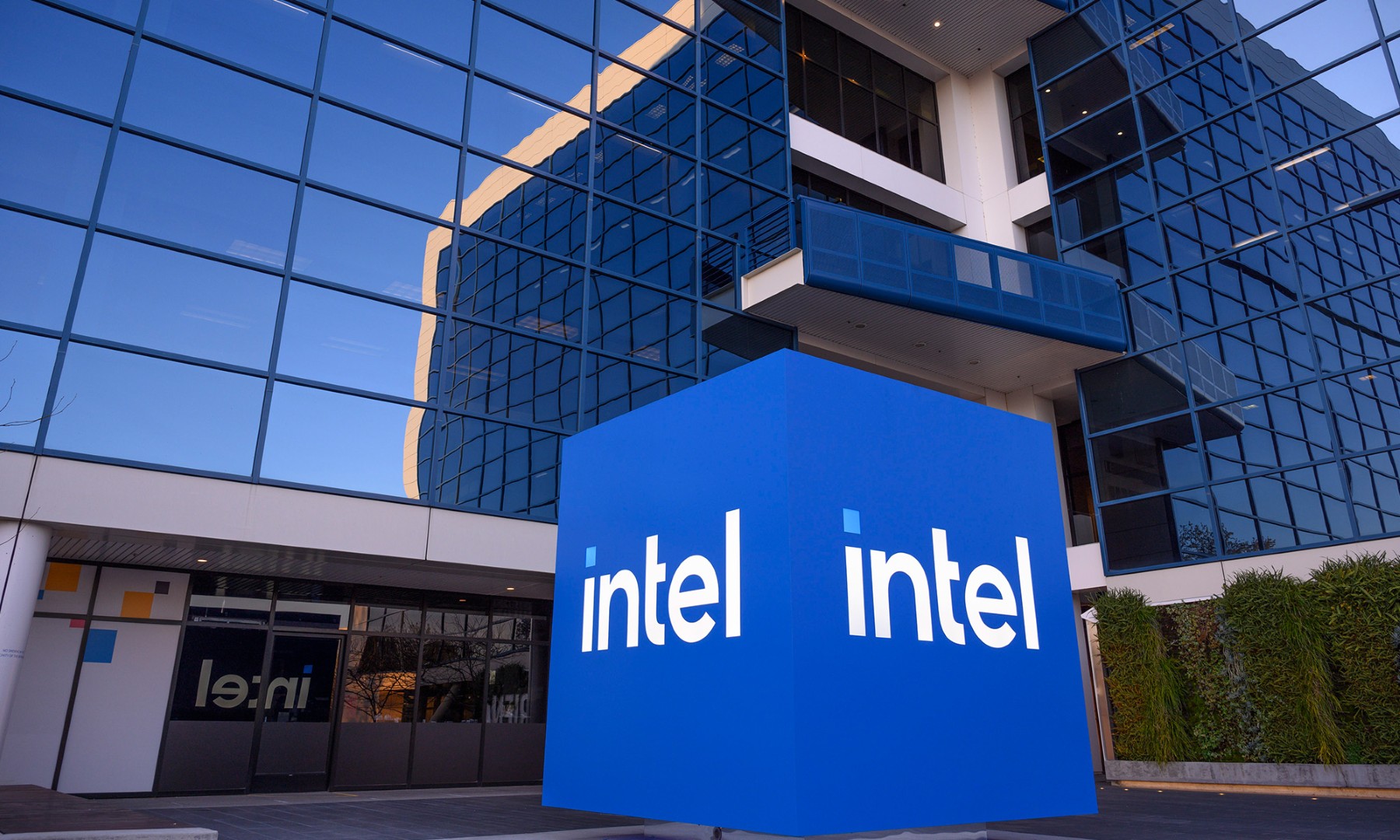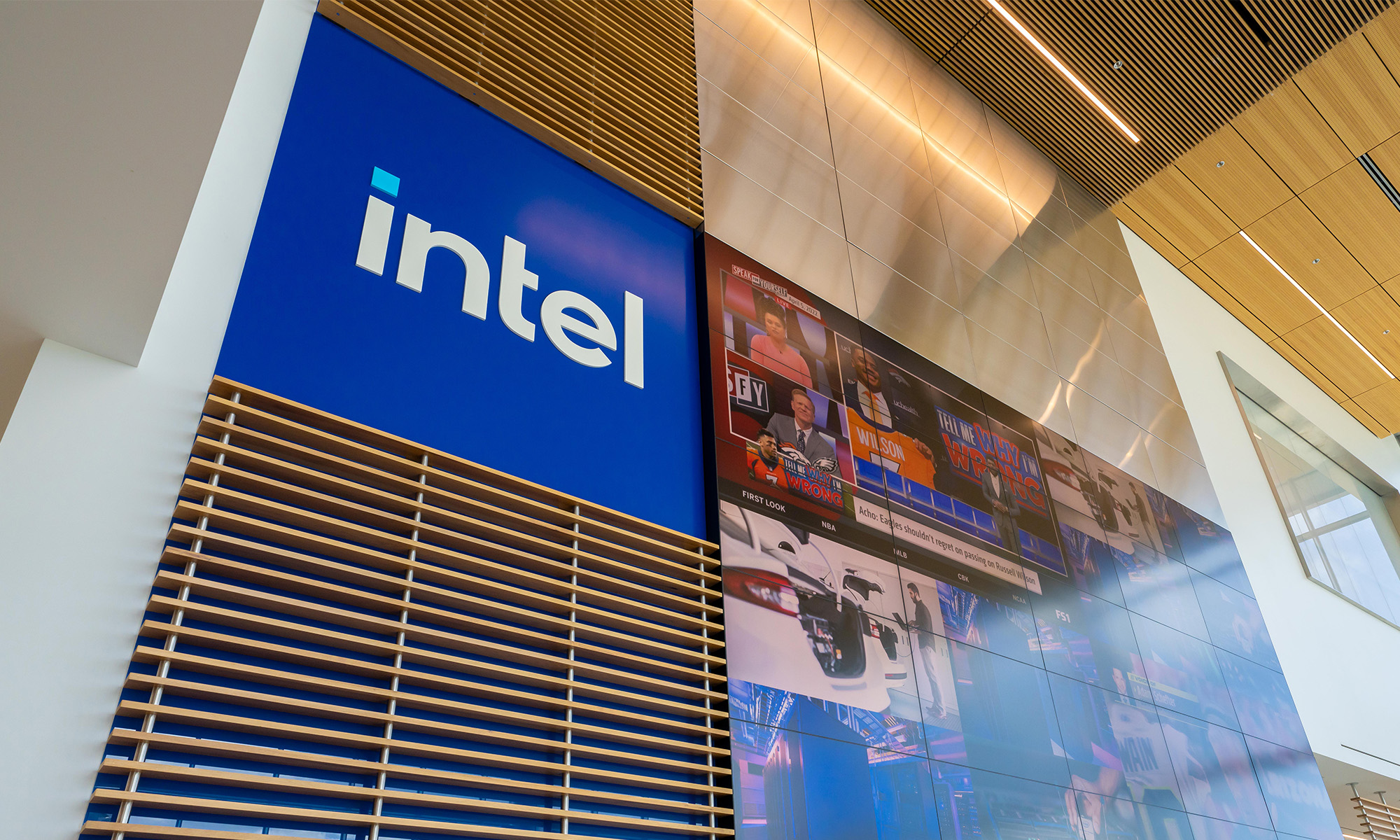Despite a sluggish PC market, shares of Intel (INTC +1.70%) and Microsoft (MSFT +1.20%) have been bucking the trend this year. Both companies have outperformed the broader indexes by a hefty margin, which could indicate that investors are anticipating a PC resurgence may be near. However, there isn't much convincing evidence to support the belief that the state of the PC market is currently improving.
The latest estimates from IDC and Gartner point to a second consecutive year of decline in worldwide PC shipments. At this point, it's become pretty clear that the rise of tablets has been cannibalizing the consumer PC replacement cycle for everyday users. Considering that 65% of the PC market is consumer-facing, this is a bit problematic for both tech giants.
Perhaps investors are betting that between the revamp of Windows 8.1 and the upcoming introduction of Intel Haswell and Bay Trail, the PC industry can mitigate some of the cannibalization from mobile computing?
Is that a bull trap?
On March 28, Intel's short interest hit a 52-week high of 238.8 million shares and has since declined to 225 million as of the most current reading on May 15. During this period, shares appreciated by nearly 12%. Like two peas in a pod, Microsoft's short interest and stock price behaved in a similar manner.
Microsoft's short interest hit a 52-week high of 118.7 million shares on April 15 and has since declined to 95.1 million shares as of the May 15 reading. In this instance, shares appreciated by nearly 19%, which is nearly identical to the percentage decline in short interest.
For investors, the million-dollar question is if the bears will continue throwing in the towel.
The view from 50,000 feet
As a long-term investor, it may serve you well to periodically take a step back from the day-to-day noise surrounding a company and think in terms of what's most important in the years to come. If you viewed a company as if you could see it from 50,000 feet above, what would you see?
In the case of Microsoft and Intel, it would be clear that the PC is still the single most important factor to their businesses. Last quarter, about 64% of Intel's and 59% of Microsoft's revenue was directly tied to the PC. Like it or not, the PC market continues to dictate the long-term trajectory of these companies. For the PC to make up a smaller piece of each respective pie, it would either mean that PC demand has been severely damaged, or the transition to mobile has been massively successful.
But is it even possible for the potential revenue from mobile to make up for the cannibalization of PC sales?
Quick math
Long gone are the days where Wintel had pricing power. Couple this reality with Microsoft's and Intel's fashionably late entry into the space, and it's easy to see how this situation could translate to lower average selling prices for both companies.
In fact, Microsoft has confirmed price cuts for Windows 8 licenses for devices sporting a screen smaller than 10.1 inches. Although specifics weren't mentioned, it's believed that the approximate $120 license for Windows 8 plus Office was cut by about 75% to $30. The hope is that the savings will be passed on to the consumer, making Windows 8 devices more competitive against the sea of low-cost tablets.
Let's say Microsoft and Intel can eventually get inside 100 million tablets, which would represent about 44% of the expected tablet market this year. Assuming that Microsoft can charge only about $30 per tablet and Intel can charge about $22 -- the average selling price Qualcomm can command -- we're only talking about $5.2 billion in combined revenue. To put this number in perspective, Microsoft and Intel earned a combined $127 billion in revenue last year.
On the smartphone side, it's believed that Microsoft earns anywhere between $23 and $30 per device, and we can assume Intel will earn the same $22 as Qualcomm. Based on these figures, for every 100 million smartphones sold, it would translate to up to $3 billion in revenue for Microsoft and $2.2 billion for Intel.
Now, how many PCs are going to be cannibalized out of the equation? Well, if IDC has any insight into the matter, about 27 million fewer PCs will be shipped this year than in 2012. It's believed that Intel earns an average of about $107 per PC sale and Microsoft earns about $120 when Office is included. Combined, we're talking about a maximum loss in revenue of about $6.1 billion, assuming all 27 million PCs were Intel- and Microsoft-powered.
Does the shoe actually fit?
There's been some chatter in the media proclaiming "the return of Wintel" and how "uncool" technology names have become trendy again. As a long-term investor, you probably have no interest basing your investment decisions on trendiness. Ultimately, long-term fundamentals will dictate a stock's trajectory. If IDC has a good handle on where the PC market is headed, it's pretty clear that Microsoft and Intel are going to be out billions in revenue. What's unclear is if they can replace that lost revenue with enough gains from mobile.
That said, I find it difficult to justify Intel and Microsoft's short-term outperformance relative to its long-term fundamentals.







